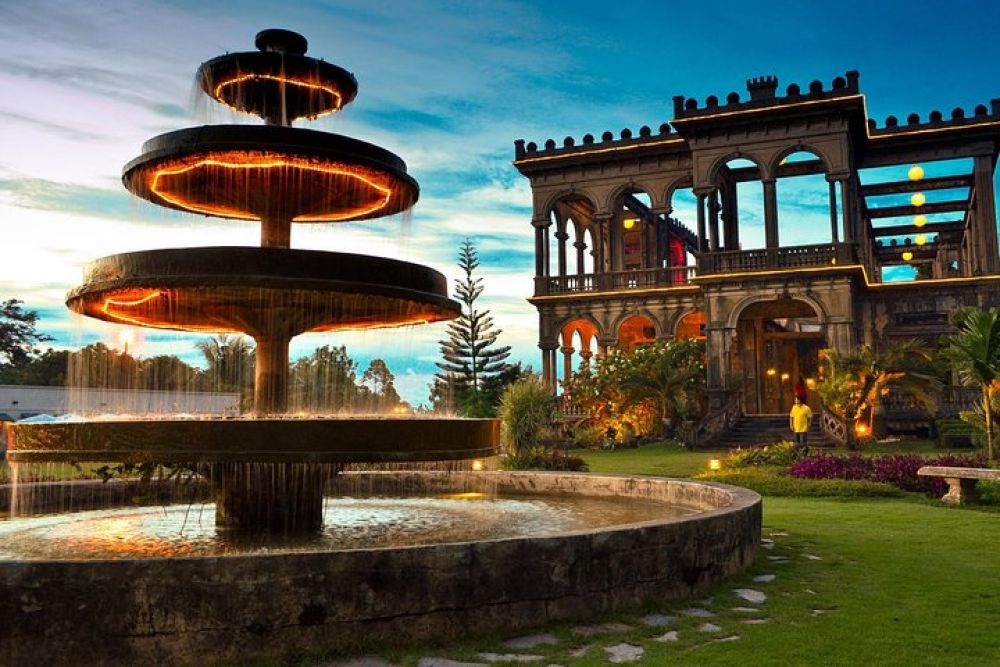

The city of Bacolod, located in the heart of the Philippine archipelago, is the capital of Negros Occidental province. Known for its vibrant MassKara Festival, a celebration filled with color, dance, and music, Bacolod has become a magnetic tourist destination over the years.
Bacolod's venture into tourism began as it established itself as an economic powerhouse in the sugar industry during the American colonial period. Sugar barons built ancestral homes and mansions that have now become historical landmarks. Over time, these heritage sites sparked an interest among travelers, leading to the beginning of cultural tourism in Bacolod.
The MassKara Festival, which started in 1980, played a pivotal role in Bacolod's tourism industry. Created during a period of crisis in the sugar cane industry, the festival served as a means to uplift the spirits of the locals. Its fame quickly spread, subsequently attracting visitors both domestically and internationally. With its ornate masks and elaborate costumes, MassKara has been dubbed as one of the Philippines' most vibrant festivals, drawing in thousands of tourists annually.
Visitors also flock to Bacolod to experience its rich culinary heritage. Known as the "Sugar Capital of the Philippines," it is no surprise that Bacolod is famous for its sweet treats such as Piaya, and Napoleones. Moreover, the city's unique take on chicken inasal (grilled chicken) has garnered nationwide acclaim, giving food enthusiasts a gastronomic reason to visit.
More recently, Bacolod has embraced various forms of tourism to showcase its diverse offerings. Eco-tourism is on the rise with attractions such as the Mambukal Mountain Resort and natural parks that showcase the lush landscapes of Negros Occidental.
Additionally, Bacolod is steadily gaining recognition for medical tourism, providing world-class healthcare facilities and wellness services at a fraction of the cost one would pay in more developed countries.
With an international airport that opened in 2007 connecting Bacolod to major cities across Asia, the ease of access has further boosted the city's tourism prospects.
The global COVID-19 pandemic dealt a significant blow to Bacolod's tourism, leading to temporary suspensions of the MassKara Festival and other events. However, the local government and tourism stakeholders have been resilient, adopting safety protocols and leveraging virtual events to keep the spirit of Bacolod's tourism alive.
As the world adjusts to the new normal, Bacolod is reimagining its tourism strategies to ensure sustainable growth. The city is looking to diversify its attractions, promote safe travel, and enhance digital tourism experiences to attract the next wave of global travelers.
Bacolod's journey from a sugar-rich economy to a multifaceted tourist destination is a testament to its cultural richness and its people's resilience. With its historical landmarks, festive spirit, delightful cuisine, and evolving tourism landscape, Bacolod will undoubtedly continue to charm visitors for many years to come.